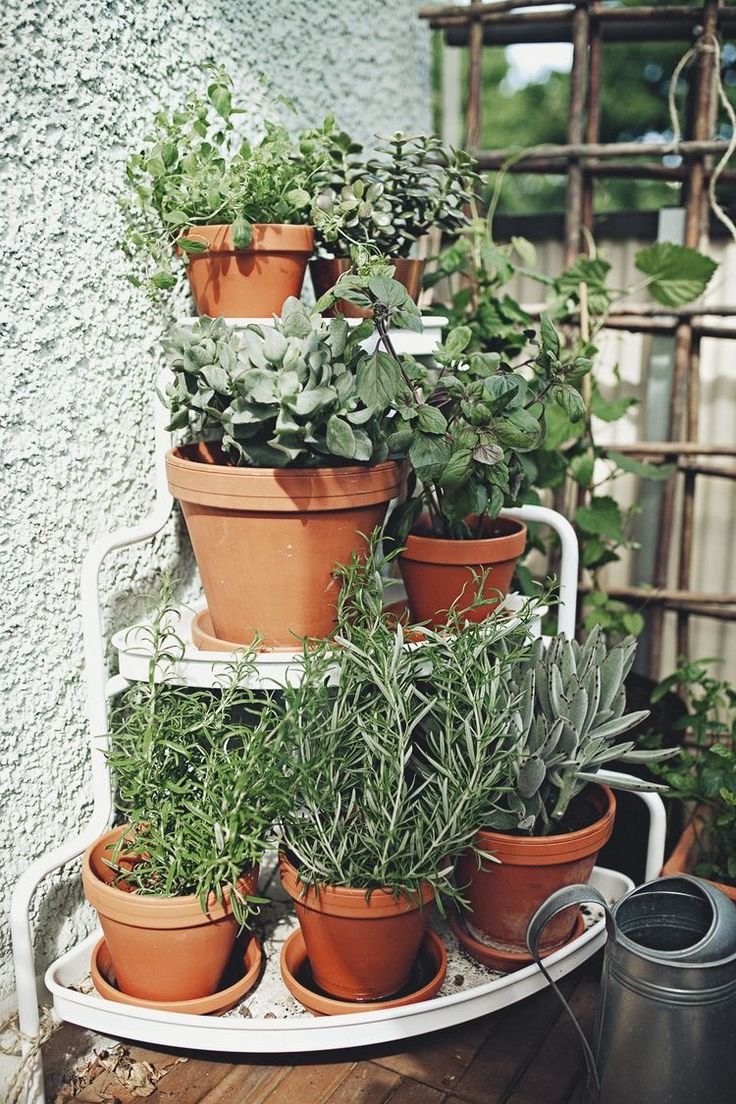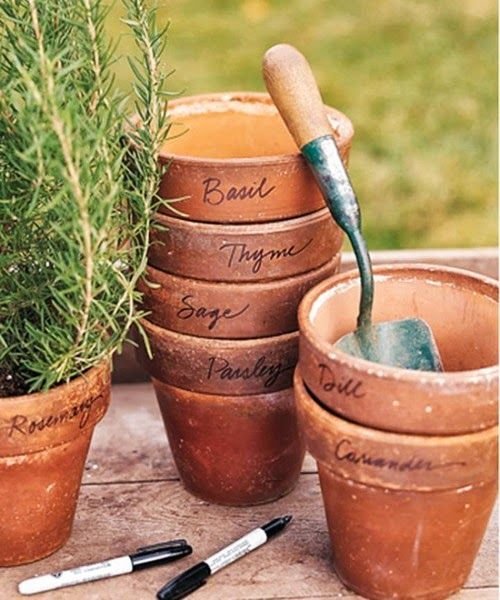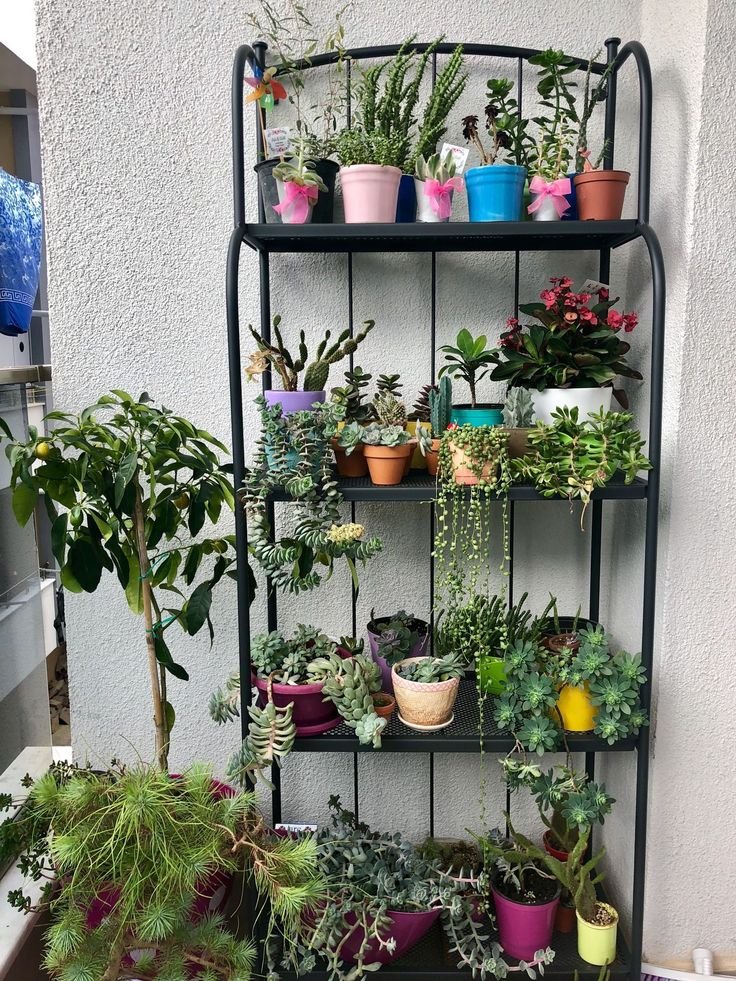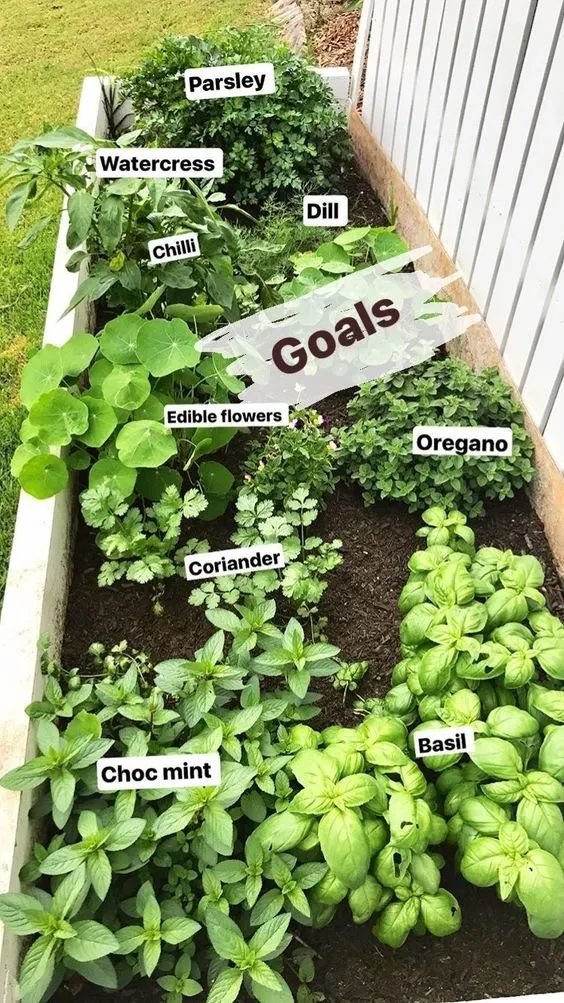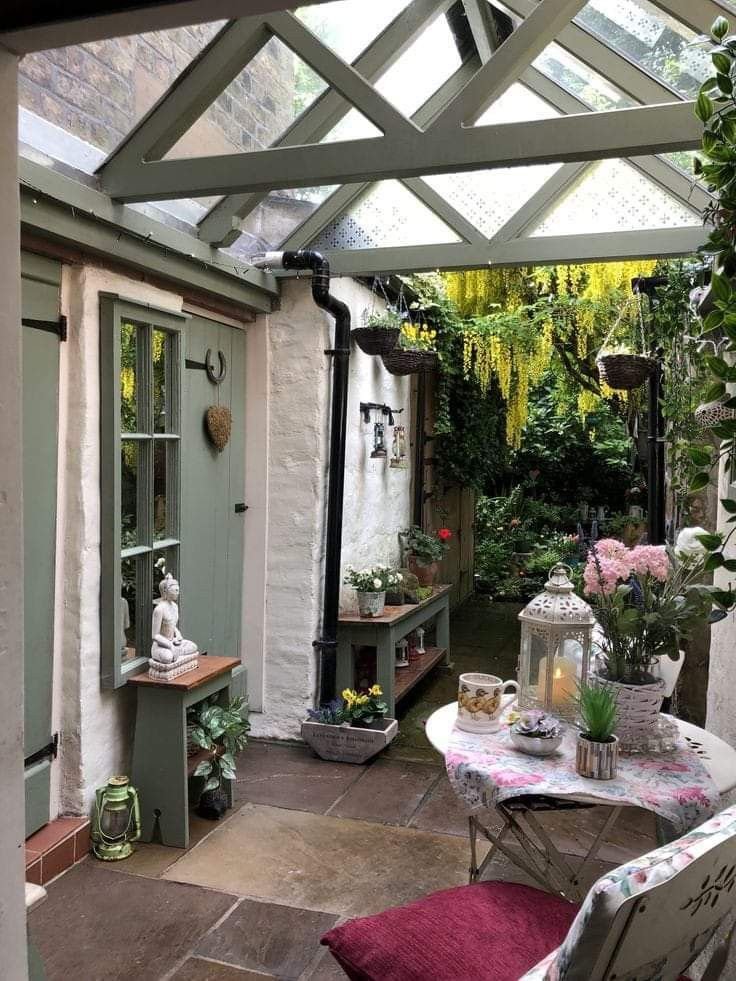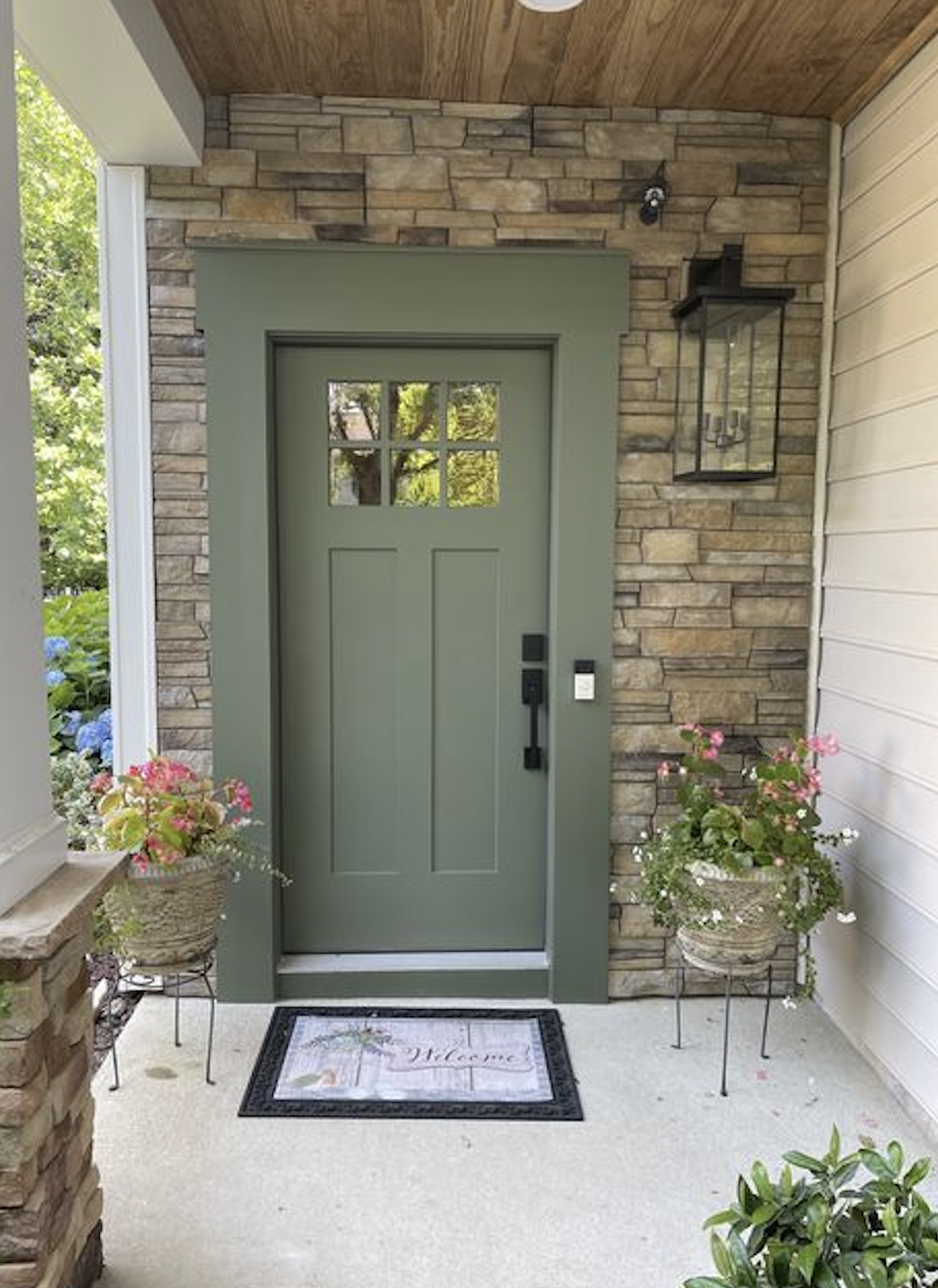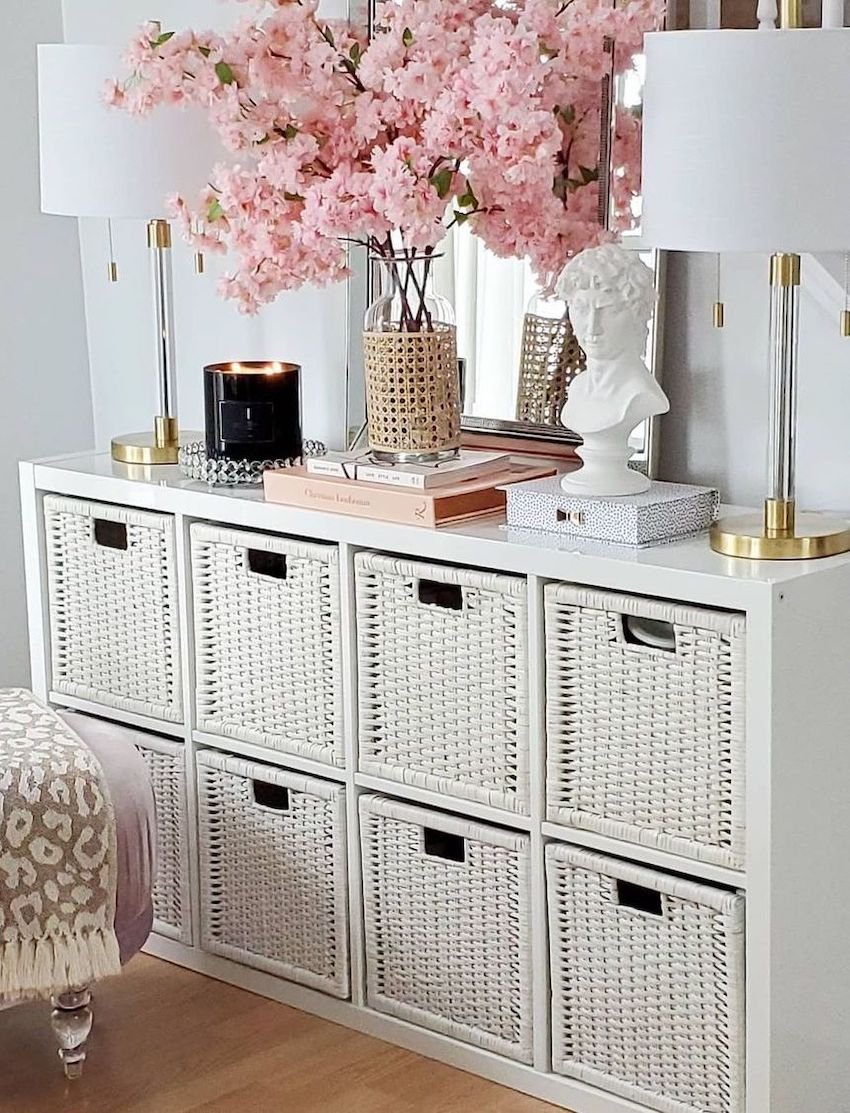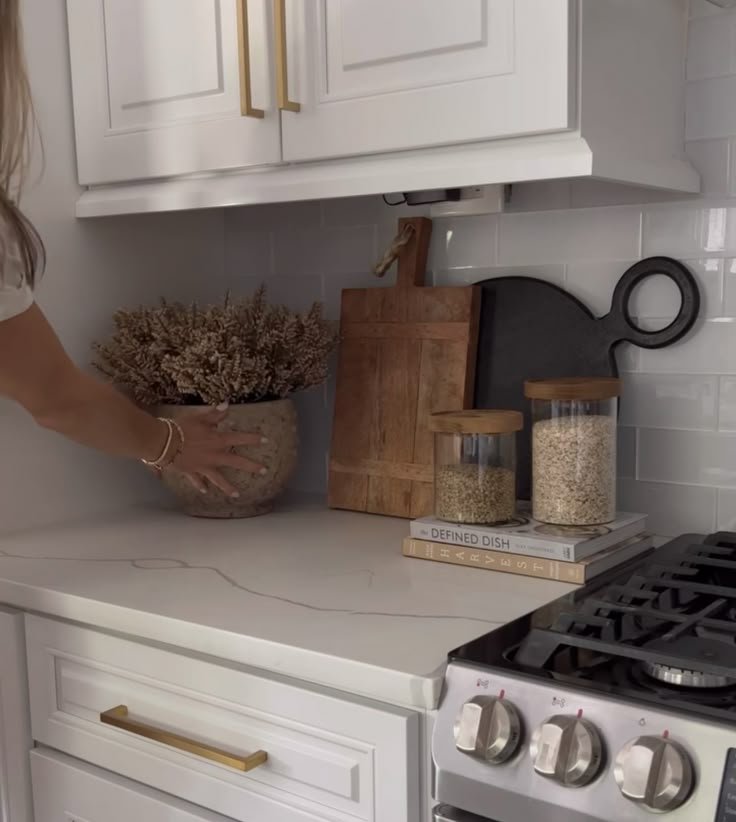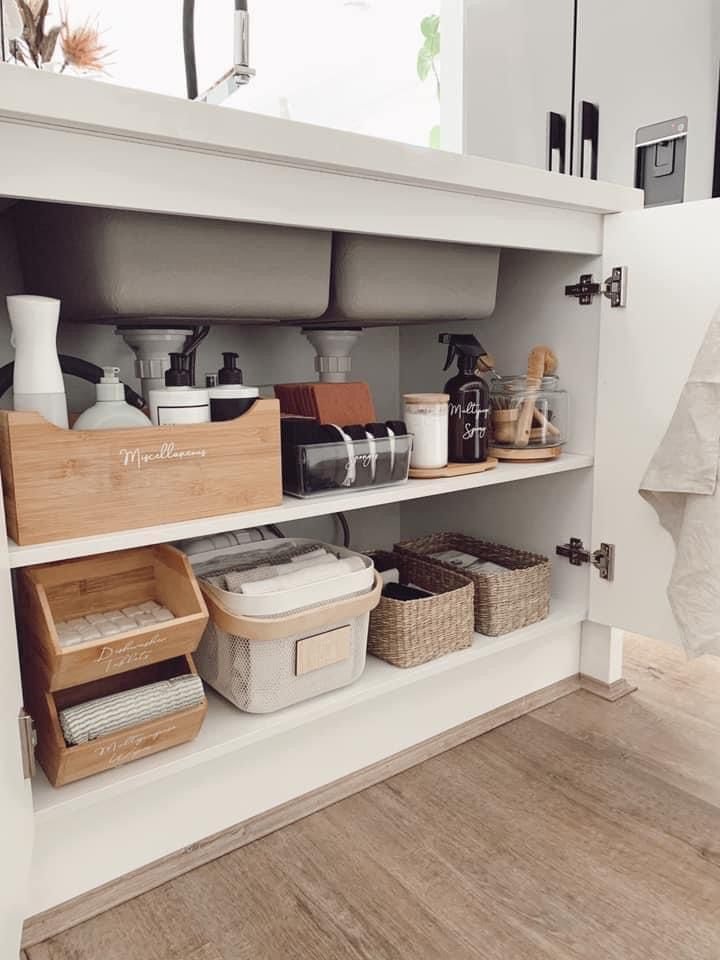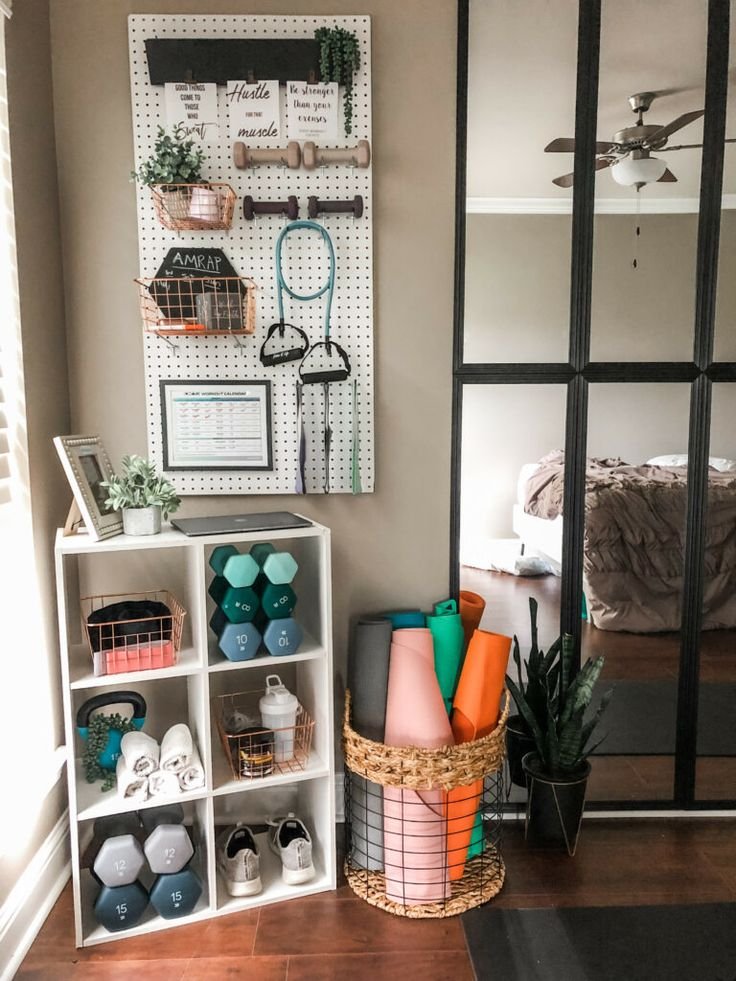Are you considering adding a touch of greenery to your home? Look no further than starting an herb garden! Not only do herbs add flavor to your dishes, but they also offer a plethora of other benefits that can enhance your overall well-being and lifestyle. Let's explore seven compelling reasons why starting an herb garden at home is an excellent idea:
Fresh, Flavorful Ingredients: One of the most significant advantages of having an herb garden at home is access to fresh, flavorful ingredients. Imagine stepping outside your door and plucking a handful of basil, rosemary, or mint to enhance your culinary creations. Fresh herbs elevate the taste of your dishes, adding depth and complexity that dried herbs simply can't match.
Cost-Effective: Herbs purchased from the grocery store can be expensive, especially if you require them frequently for cooking. By growing your own herbs at home, you can save money in the long run. Once established, most herbs are relatively low-maintenance and can provide you with a continuous supply throughout the growing season.
Health Benefits: Many herbs boast impressive health benefits, ranging from boosting immunity to aiding digestion and reducing inflammation. Incorporating fresh herbs into your diet can enhance the nutritional value of your meals while promoting overall wellness. For example, basil contains antioxidants and antimicrobial properties, while thyme is rich in vitamins C and K.
Enhances Aesthetics: An herb garden adds aesthetic appeal to your home, whether you have a sprawling backyard or a cozy balcony. The vibrant colors and fragrant aromas of various herbs can transform any space into a lush, inviting oasis. You can get creative with your herb garden design, incorporating different textures, heights, and container options to suit your style.
Educational Opportunity: Starting an herb garden provides an excellent opportunity for education, both for adults and children alike. It allows you to learn about plant care, gardening techniques, and the culinary uses of various herbs. Gardening can also instill a sense of responsibility and connection to nature, fostering environmental awareness and sustainability.
Reduces Stress: Gardening has been shown to have numerous mental health benefits, including reducing stress and anxiety levels. Spending time tending to your herb garden can be therapeutic, providing a sense of calm and relaxation amidst the hustle and bustle of daily life. The act of nurturing plants and watching them grow can be incredibly rewarding and fulfilling.
Promotes Sustainability: Growing your own herbs at home promotes sustainability by reducing your carbon footprint. It eliminates the need for packaging and transportation associated with store-bought herbs, thereby reducing waste and environmental impact. Additionally, you have full control over the growing process, allowing you to avoid harmful pesticides and chemicals.
WHAT YOU WILL NEED TO START YOUR HERB GARDEN:
Certainly! Here's a list of essential gardening supplies you'll need to start your herb garden at home:
Containers or Pots: Choose containers or pots that are appropriate for the size and quantity of herbs you plan to grow. Make sure they have drainage holes to prevent waterlogging.
Potting Mix: Select a high-quality potting mix specifically formulated for container gardening. Look for mixes that provide good drainage and aeration for healthy root growth.
Herb Seeds or Seedlings: Decide whether you want to start your herbs from seeds or purchase seedlings from a nursery. Choose a variety of herbs that suit your taste preferences and growing conditions.
Watering Can or Hose: You'll need a watering can or hose to provide your herbs with regular moisture. Ensure that your watering method allows for gentle watering to prevent damage to delicate seedlings.
Sunlight: Most herbs thrive in full sun, so choose a location for your herb garden that receives at least 6-8 hours of sunlight per day. If you're growing herbs indoors, place them near a sunny window or under grow lights.
Gardening Gloves: Protect your hands from soil, thorns, and potential pests with a pair of sturdy gardening gloves. Look for gloves that are comfortable and provide good grip.
Hand Trowel or Garden Tool Set: A hand trowel or a set of basic garden tools will come in handy for planting, transplanting, and maintaining your herb garden. Choose tools with ergonomic handles for comfortable use.
Fertilizer: While herbs generally don't require heavy fertilization, a balanced, slow-release fertilizer can help promote healthy growth and abundant foliage. Follow the manufacturer's instructions for application rates.
Mulch: Mulching your herb garden helps conserve moisture, suppress weeds, and regulate soil temperature. Organic mulches like shredded leaves, straw, or compost can also enrich the soil as they break down.
Pruning Shears or Scissors: Keep your herbs tidy and encourage bushier growth by regularly pruning or harvesting them. Use sharp pruning shears or scissors to make clean cuts without damaging the plants.
Plant Markers or Labels: It's essential to label your herbs to keep track of their varieties, especially if you're growing multiple types. Use plant markers or labels to identify each herb and its specific care requirements.
Pest Control Solutions: Be prepared to deal with common garden pests such as aphids, caterpillars, and snails. Consider using organic pest control methods like neem oil, insecticidal soap, or companion planting to deter pests naturally.
By gathering these gardening essentials, you'll be well-equipped to start and maintain a thriving herb garden at home. With proper care and attention, your herb garden will flourish, providing you with an abundant supply of fresh, flavorful herbs for culinary delights and beyond!
11 IDEAS THAT WILL INSPIRE YOU TO FINALLY START YOUR OUTDOOR HERB GARDEN
01 | A wood box wall planter
02 | Tiered wood plant stand with chalk labels
Get the look:
03 | A corner plant stand with terracotta pots
04 | A balcony garden with various pot styles
05 | Sharpie handwritten labels on Terra cotta pots
06 | Fill a bakers rack with pretty pots
07 | Wire hanging wall mounted plant stand
08 | Hanging moss planters
09 | Companion planting in a flower bed
Companion planting in your herb garden is a time-honored practice that offers numerous benefits for both your plants and the ecosystem as a whole. By strategically interplanting different herbs, flowers, and vegetables, you can create a harmonious environment that promotes growth, repels pests, and enhances overall plant health.
For example, certain herbs, such as basil and rosemary, emit natural compounds that deter pests and attract beneficial insects like bees and butterflies, thereby reducing the need for harmful pesticides.
Companion planting can improve soil fertility and structure by fostering symbiotic relationships between plants, such as nitrogen-fixing legumes and nutrient-absorbing root systems. By embracing companion planting techniques, you not only create a beautiful and diverse garden but also contribute to a more sustainable and resilient ecosystem, where plants thrive in symbiotic harmony.
10 | Opt for a layered plant look
11 | Add a rack for hanging plants
Make Your Garden Shine: Simple Tips for Outdoor Bliss
What to Plant to Keep Bugs Away:
For a bug-free garden sanctuary, harness the power of plants!
Basil's aroma wards off pesky mosquitoes and flies.
Lavender not only adds fragrance but repels moths, fleas, and mosquitoes too.
Plant marigolds to deter aphids, mosquitoes, and even nematodes from your precious greens.
Citronella grass emits a scent that repels mosquitoes, making it a must-have for outdoor gatherings.
Consider planting rosemary to fend off mosquitoes and carrot flies.










